These days, we’re well-used to Doctor Who specials. The show has a 40-year history of celebrating anniversaries with feature-length episodes. When it roared back to massive popularity in 2005, it only took a few months to land a festive special that became a tradition for over a decade.
Throughout its history, Doctor Who also developed a trend of editing multipart serials into mini-movies. Season 12’s Revenge of the Cybermen was a famous early example. The four-part story was reworked into an omnibus edition as the show’s first home media release — on Betamax, VHS, and LaserDisc — in 1983. Edits and ‘movie’ editions continue to pop up on home media releases.
Since Russell T. Davies revived the show in 2005, it has established a reputation for feature-length stories. Highlights of longer form Doctor Who includes the disaster special The Voyage of the Damned, the 50th-anniversary epic The Day of the Doctor, and the 87-minute farewell to the Thirteenth Doctor, The Power of the Doctor.
But what about films? Well, there are three official Doctor Who movies with interesting connections to the TV incarnation of the Time Lord.
The 1960s Dalek Movies
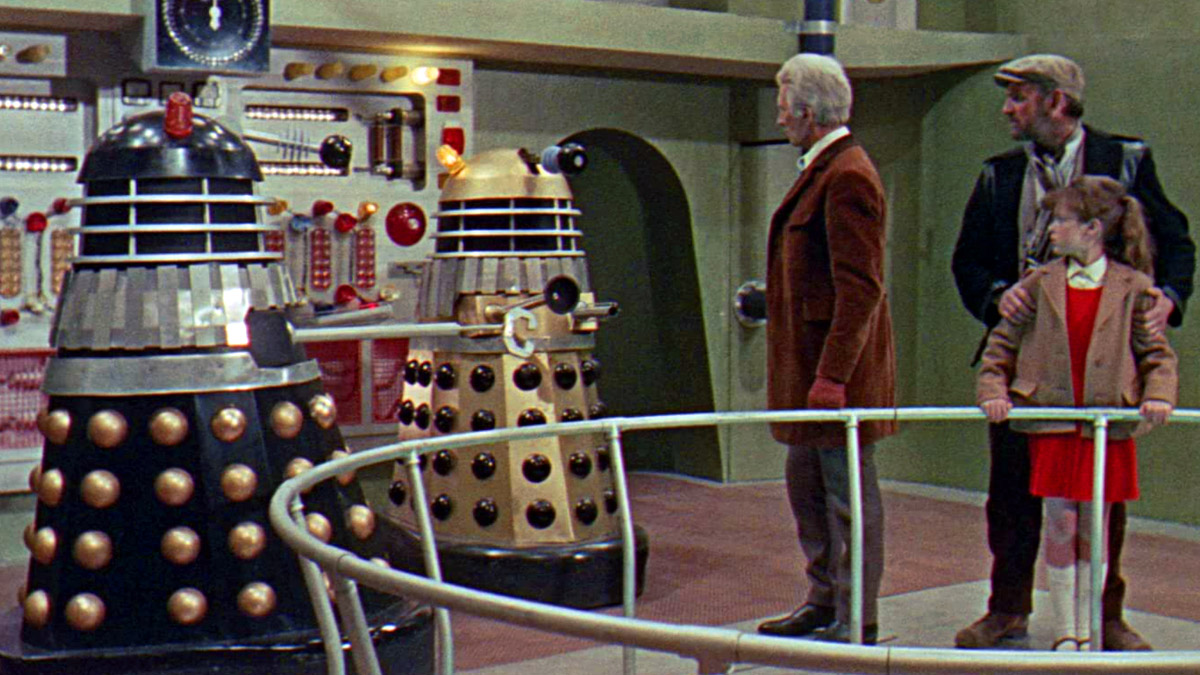
In the 1960s, the Dalek movies were the pepperpot monster’s technicolor introduction to movie theaters. While two films materialized, both direct adaptations of TV serials, the emphasis is on the Daleks and not the Doctor. While the time traveler is markedly different, his adversaries are relatively untouched. The aliens saved the show in 1963 when they appeared in the second sequel, launching Dalekmania — a wave of excitement that roughly coincided with Beatlemania. These are very much their movies.
Dr. Who, played by Peter Cushing in both movies, is only passingly familiar to modern viewers. However, he is closer to William Hartnell’s First Doctor, who was concurrently continuing his adventures on BBC TV. The movies could easily adapt the character who had maintained his mystery on the small screen. He hadn’t yet been named a Time Lord, and there was no hint he came from Gallifrey. Here he was presented as a classic English mad boffin. A valid parallel First Doctor, but also the reason some parts of fandom get a bit cross when the show is abbreviated to ‘Dr. Who’. Dr. Who is Cushing’s Doctor, while the Doctor is the character’s name on TV (give or take many in-jokes and direct references in the 1960s).
As this all suggests, the Dalek movies are in a separate continuity to the 60-year TV canon. That said, there have been many attempts to link the two. Most recently, the TV arc of the Timeless Children threw fans the perfect chance to imaginatively slot the movies into continuity.
Doctor Who and the Daleks (1965)
The first movie, also commonly known as The Daleks, was Doctor Who’s first step into color and not just any color. Glorious widescreen Technicolor fuelled interest in the Daleks, who had never looked better, six years before they left black and white on TV.
Never intended to link to the TV show, The Daleks picked up well-known elements and reimagined them. The TARDIS was still a police box, but inside, the time machine created by Dr.Who at the end of his garden was more in keeping with the H.G. Wells take on the character.
The eccentric inventor was joined by his granddaughter Susan, which is roughly in line with the TV version. But other companions, Baraba and Ian, are considerably altered. In the movie, the pair aren’t Susan’s teachers — Barbara is her sister, and, leaping ahead of the TV show’s hints, Ian is her boyfriend. The group is transported to the planet Skaro (identified in the sequel) by accident, meeting the humanoid Thals and cyborg Daleks as the plot roughly follows the seven-part TV story, The Daleks.
The reception to the plot and the drama wasn’t great, but there’s no doubt it looked spectacular. For some, it’s best viewed as Doctor Who ballet, but the movie, which did well enough to secure a sequel, holds a soft spot in many fans’ hearts.
Daleks Invasion Earth 2150 A.D. (1966)
A fantastic title when it was the Daleks’ second appearance on TV, but even better on the big screen. Roy Castle didn’t return as Ian but was replaced with versatile comic support (and Who legend) Benard Cribbins as London policeman Tom Campbell.
It’s a leaner and more ambitious move than the first, with lots made of its gritty relocation to a future London that looks a lot like the 1960s. It’s lavish, but it didn’t capture the imagination enough for a third movie, which was speculated to have followed the plot of the third TV serial, The Chase, and pitted the Daleks against sworn enemies, The Mechanoids.
It’s increasingly apparent in hindsight that the movies miss a lot from not being part of a series, where continuity added to the growing threat of the Daleks. Not being part of continuity leaves the movies adrift as curious 1960s trinkets. They may play a significant role in Who history, but will always stand removed from the TV phenomenon.
The TV Movie (1996)
The Eighth Doctor’s chance to spearhead a new age of Doctor Who is popularly known as the TV movie. It’s a pilot that was never picked up for an American-funded series. Still, unlike the 1960s movies, a decision to resist a reboot means it’s entirely part of the Doctor Who TV canon, even if it leaves some fans scratching their heads.
The TV movie stands out as the only canonical television appearance of Doctor Who in the ’90s and, for many years, a sole slice of the Eighth Doctor. Paul McGann’s incarnation of the Doctor has been redeemed since, becoming a highly popular incarnation through his audio adventures and some fun appearances in the revived series. Back in 1996, the TV movie was a huge event.
The years of jokes that had dogged the series, from low budget to over-the-top acting and shaking sets, were banished. The TV movie had a mighty budget and an exotic American location, although as plots go, it’s not Doctor Who’s best.
Plenty was controversial at the time — although that’s lessened in the abundance of Doctor Who since 2005. The Doctor kissing his companion was big news at the time. Now only the War Doctor blinks. The Doctor’s declaration that he’s half human may neatly explain his fondness for Earth but filled column inches (unlike the kissing, that’s never been referenced aside from a few in-jokes).
Much of it has been redeemed. Although short-lived companions Holloway and Chang-Lee are held in a vortex of rights issues, even Eric Roberts’ Master, who always dresses for the occasion, has found a new life in recent audio adventures from Big Finish productions.
There you have the three official movies. Although there are many failed attempts to bring the Time Lord back to the big screen in the franchise’s timey-wimey history, the interesting stories behind those are tales for another time and space.
Rumors of Doctor Who movies will never fade away, and the reinvigorated franchise bringing in significant studio support will only fuel the idea that the Doctor will head to film again.

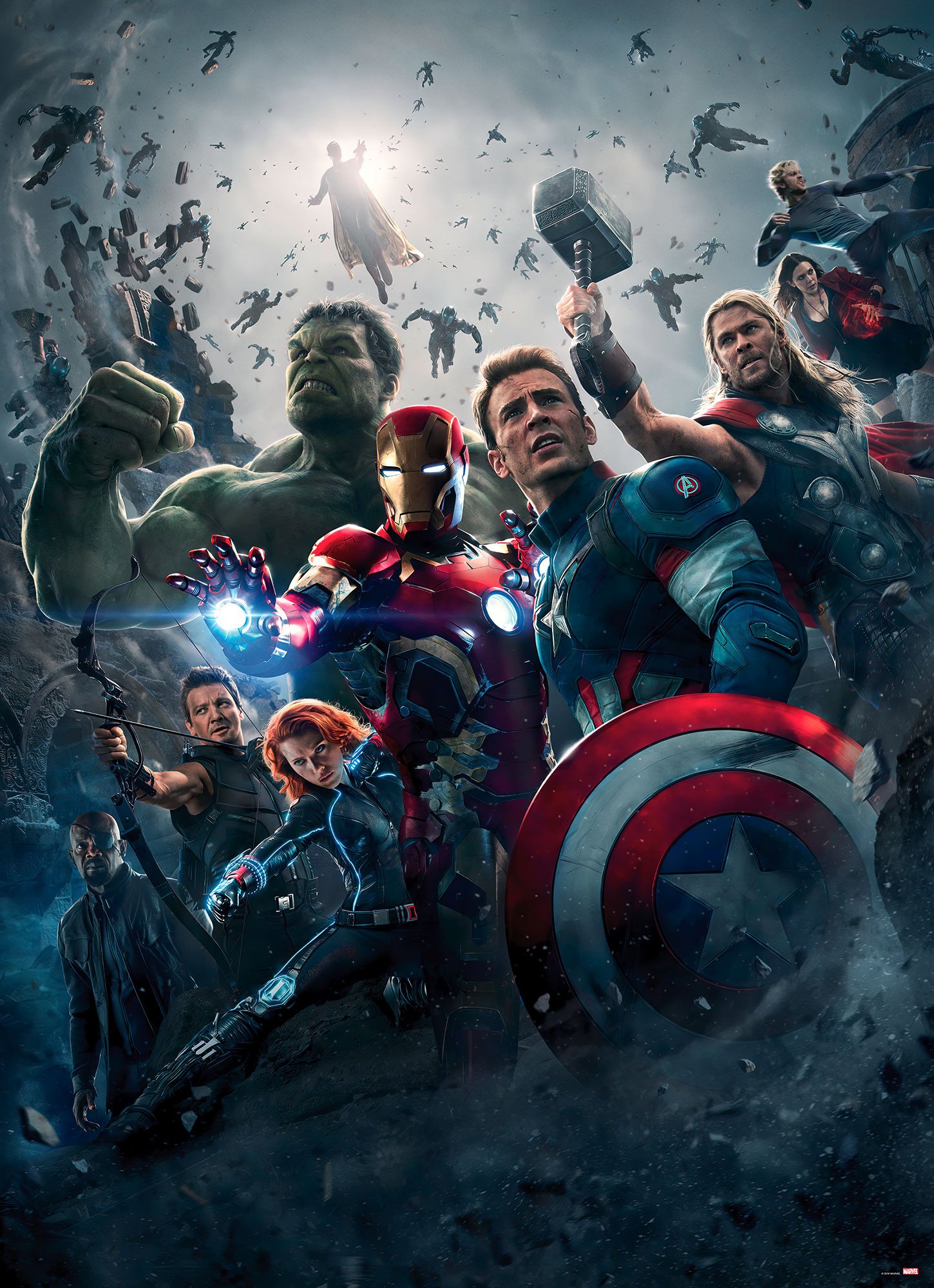
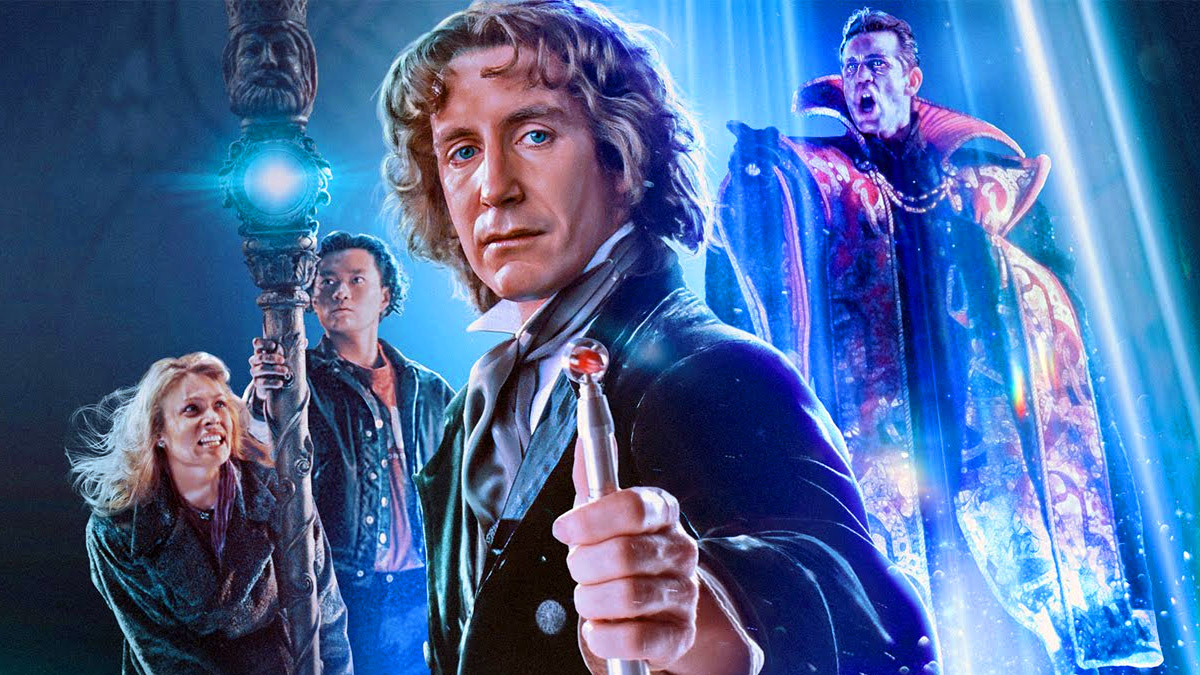
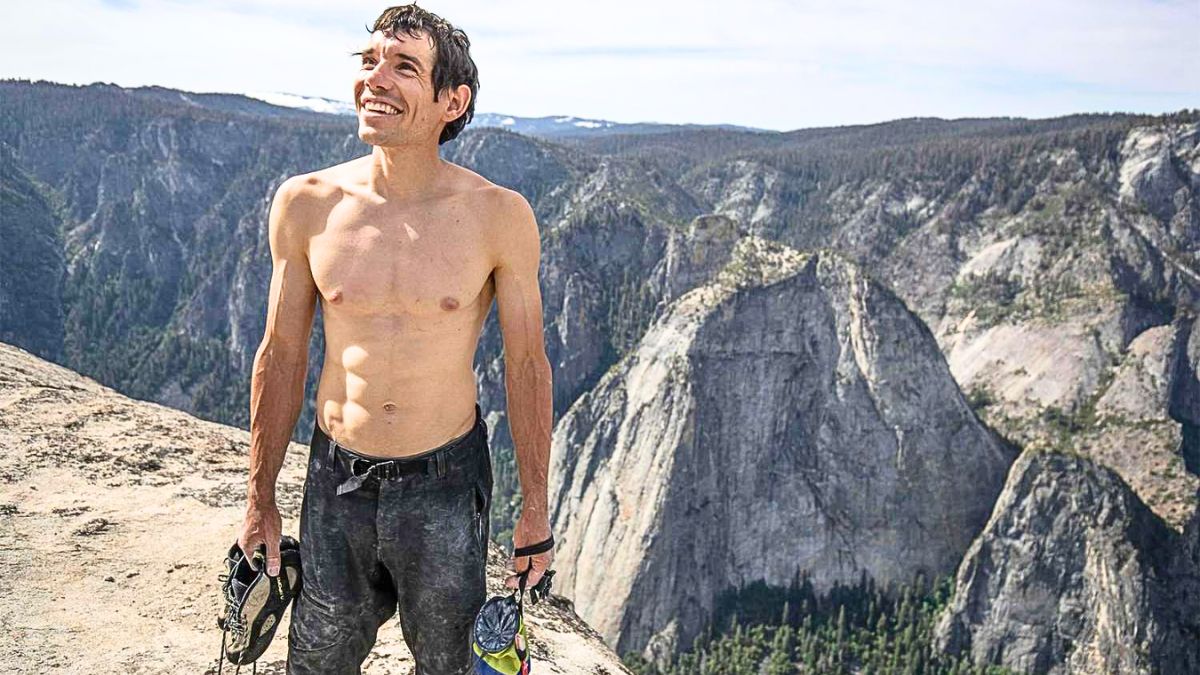
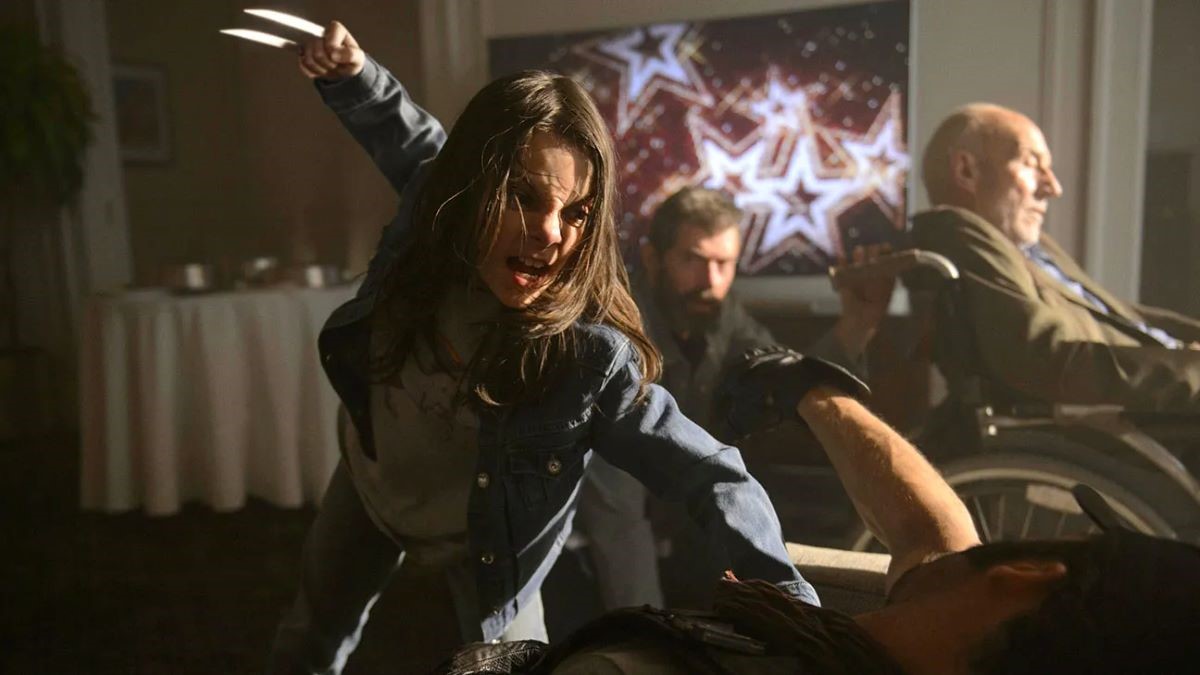
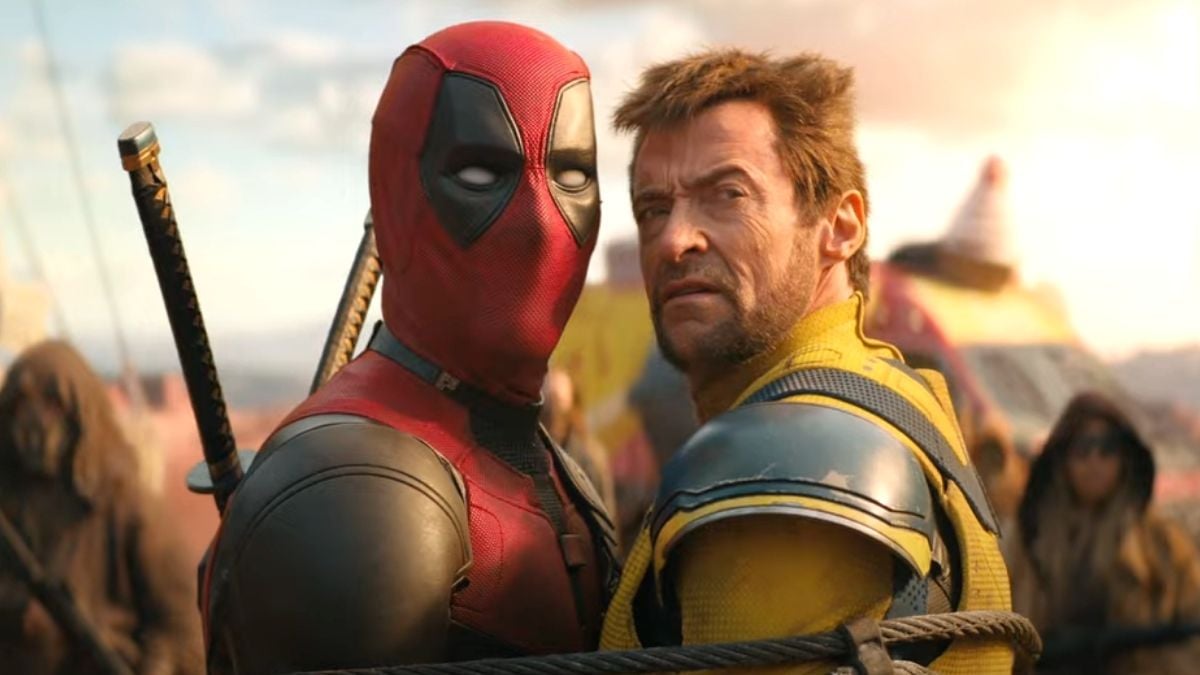
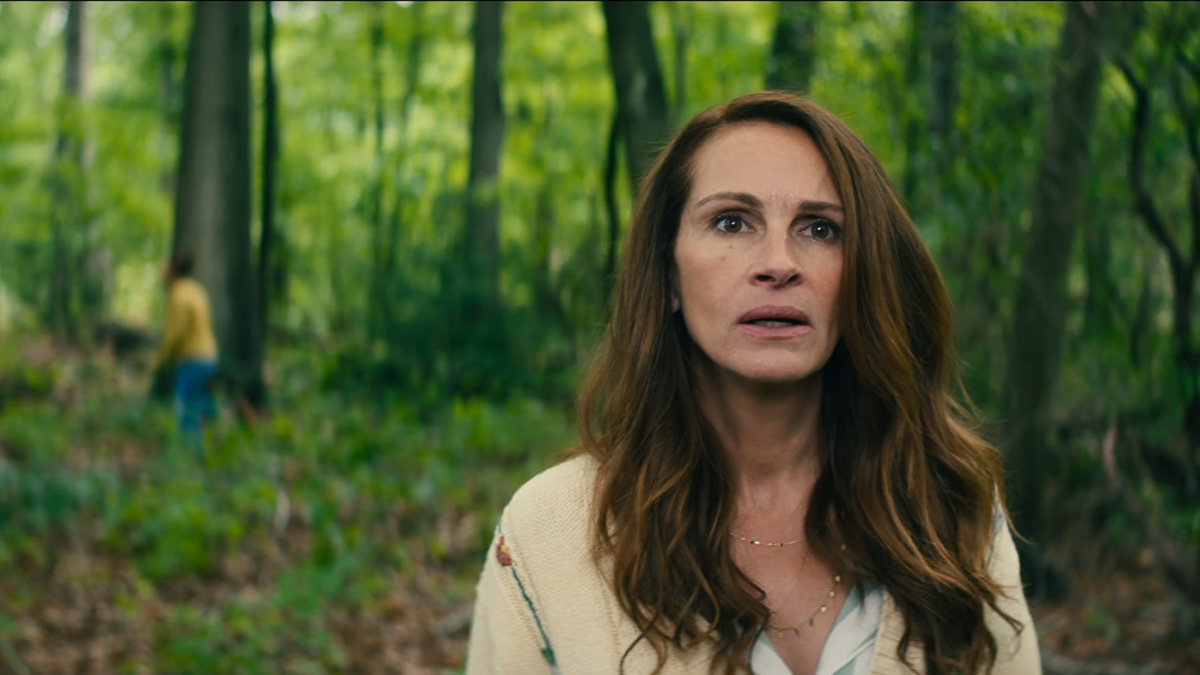
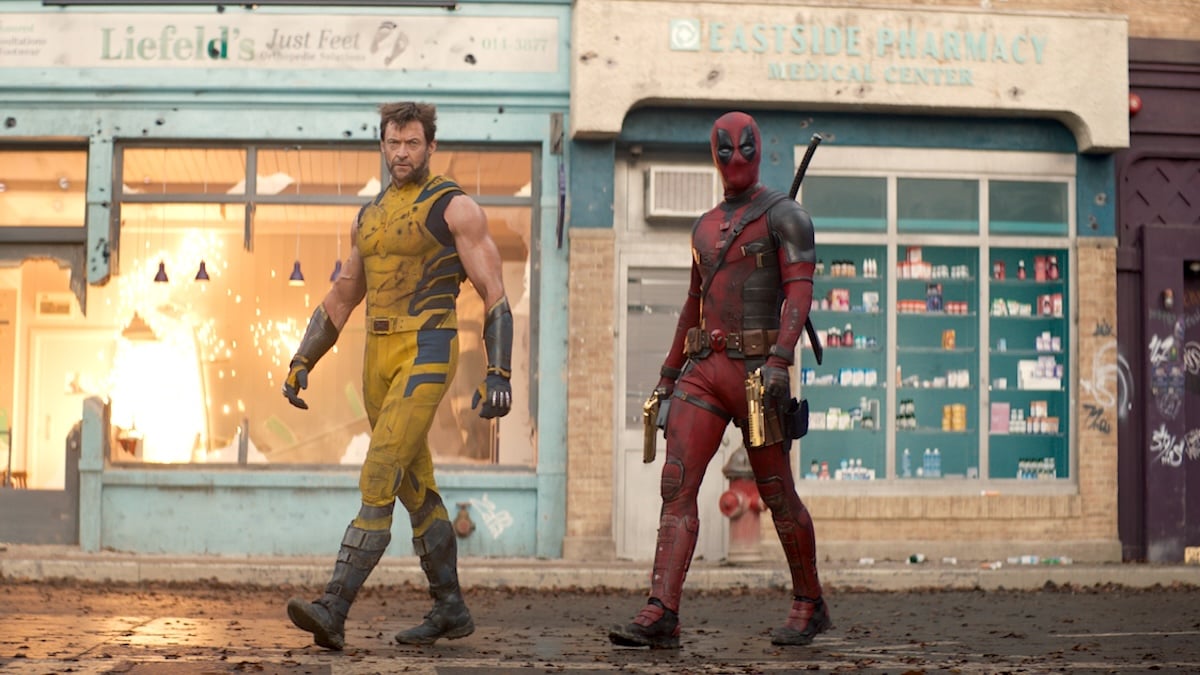

Published: Mar 14, 2023 08:15 am